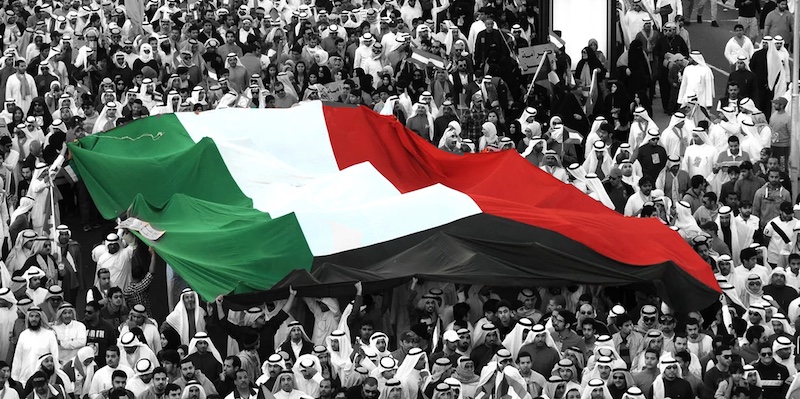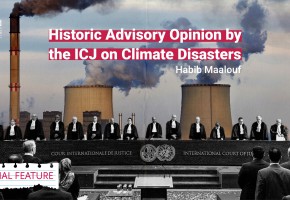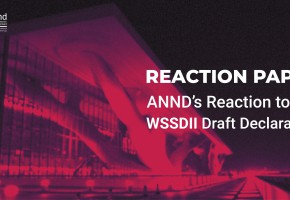
Kuwait 2020 Elections: Winds of Change or a Coming Storm?
There is a consensus among political observers in Kuwait that December 5 was a victory for all Kuwaitis for several objective reasons. The high turnout, nearly 70% of the total eligible voters, surpassed many of the most powerful democracies. It was a genuine popular response to the new era initiated by the heir apparent, Sheikh Nawwaf Al-Ahmad Al-Jaber Al-Sabah. Several reforms impacted various security agencies and the Amiri Diwan. Eminent assurances were given to immediately begin combating corruption and reforming the democratic and economic system.
Moreover, polling day was tightly organized, despite the global epidemic's deadly impact on the organization of health worldwide. It was met with outstanding commitment and discipline by both Kuwaiti voters, who followed health protocols and procedures, and organizers. Observers acknowledge that the 2020 National Assembly elections met one of the most important international standards by respecting universality, direct vote, and ballot confidentiality.
This outstanding success leads to a fundamental question: should Kuwaitis now sleep in comfort? Certainly not. In comparison with democratic practice, several reforms are still needed concerning the institutional, legislative aspect. At first glance, the high degree of change calls forth several questions. Is it a new era that will break with manifestations of poor governance, especially in light of the signs of an economic crisis? During the elections, the political leadership promised to be neutral and refrained from supporting particular candidates. It left the space open for the nation to choose its representatives without prioritizing any party over the other.
The winds of change require a profound reform of the legal system related to elections, so that they are not blown away by the wind. Today, more than ever, we must review the weight of electoral districts. Giving ten seats for each constituency fails to consider the seat's representative size and the weight of each voter's electoral vote. For example, the second district contains 64,965 voter entries, estimated at 11.4% of total voters. In comparison, the number of voters in the fifth district is 166,222, or 29.3% of total voters.
Additionally, the adopted single non-transferable voting system seems to be an obstacle to the principle of electoral justice. It limits the building of electoral programs that can be implemented and evaluated. It has become evident in the absence of political currents and blocs from elections that are unable to adapt, except for the stability of Shia representation at 6 MPs. Another issue is the absence of an electoral administration, independent from the executive authority, that could organize elections and assume the tasks of voter registration, campaign monitoring, and the preparation of electoral calendars with clearly defined periods announced in advance.
Electoral campaigns covered several headlines, focusing on fighting corruption and the economic crisis. However, it is fair to call for a spending ceiling to allow candidates to sit under Abdullah Bin Salem dome by virtue of electoral programs, not money. This issue brings us to an essential aspect of campaign financing and equal opportunity: the media and its discontents. In comparison with prominent democratic traditions, the media should be subject to precise standards during election day. Equal opportunity must be ensured for all candidates, and sectarian, racial, and hate speech incitement criminalized. These controls must include both governmental and private media.
Other legislation and procedures should be adopted to enhance women's political participation and ensure their representation. The absence of such precautionary measures reduced the number of women candidates to 33 out of 395 (8.35%), which is weak. Moreover, not one woman candidate managed to win the confidence of the nation.
The minimum age for voting (21 years) and candidacy (30 years) must be reconsidered to ensure broad social participation in both matters, in line with other experiences in the Arab region and international standards.
Finally, in the hope of the real winds of change:
And [mention] when Abraham said, "My Lord, make this a secure city and provide its people with fruits..."
Majid al-Mutairi (Chairman at Kuwait Transparency Society)
Recent publications

